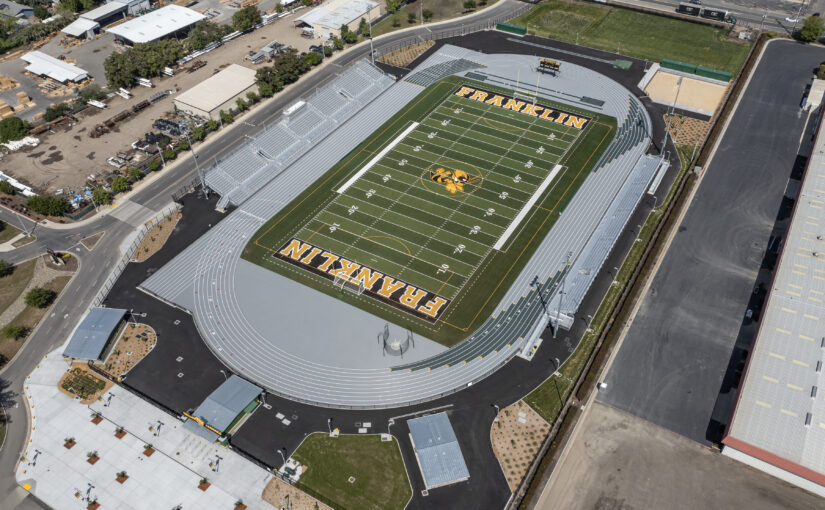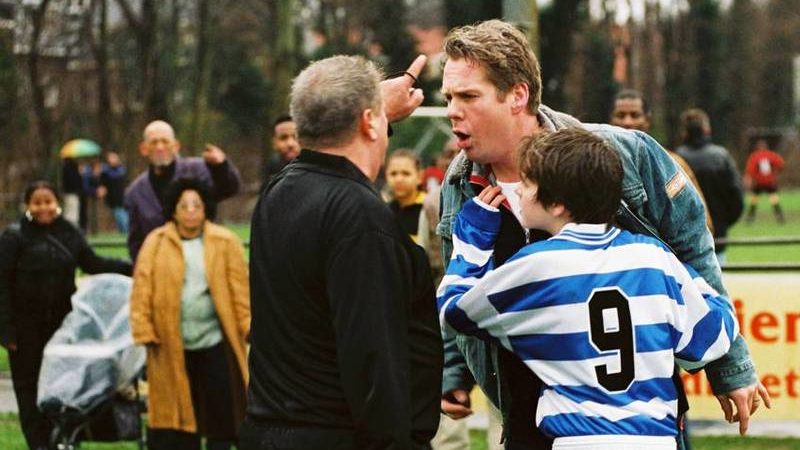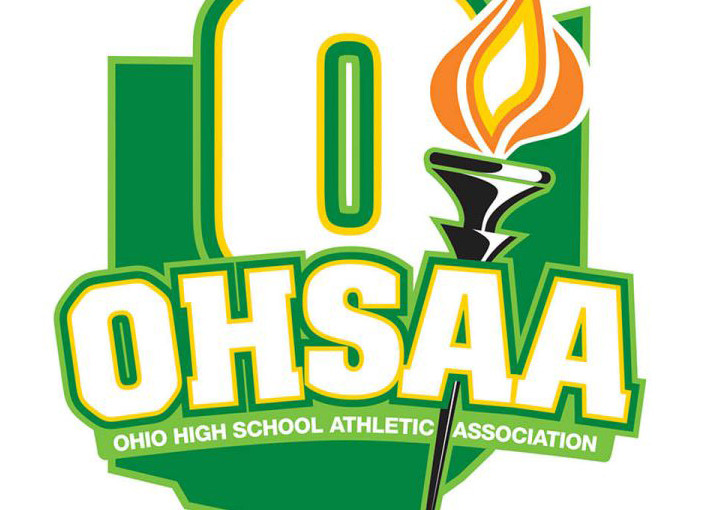Between the Lines: Coaches, ADs must learn from the best
Each year, Coach & Athletic Director spends a great deal of time examining some of the top high school sports programs in the nation. Through my discussions and interviews with the leaders in those schools, you begin to identify compelling similarities between them.
 It’s not surprising that the most accomplished high schools have adopted similar methods. There’s no one-size-fits-all model for athletic programs, but there are efficient, effective strategies championed by some of the brightest minds in our schools.
It’s not surprising that the most accomplished high schools have adopted similar methods. There’s no one-size-fits-all model for athletic programs, but there are efficient, effective strategies championed by some of the brightest minds in our schools.
They’re also believers in continuing education. A surefire way to make sure your student-athletes have the leadership they need is to hire those with a passion to not only teach, but learn. By improving your coaches’ knowledge, they become more effective.
That’s not always easy, and the cost of clinics and seminars can add up, but the best athletic programs make this a priority. Educating your coaches is an investment administrators believe you must make if your sports program is to reach the top.
A couple of other similarities among the best athletic departments are community service and teacher-coaches. The schools featured in Coach & Athletic Director branch out into their communities to give something back, whether it’s volunteering with a non-profit group or creating a fundraiser for a special cause. These efforts help teach leadership, responsibility and selflessness.
» RELATED: 8 ideas to help fund coach, AD education
Having teacher-coaches is not always within an athletic administrator’s control, but most make every effort to have their coaches work in the classroom. A common belief among athletic directors is that they would rather hire a skilled teacher with an ability to connect with kids than someone who is only knowledgeable about the sport. You can teach Xs and Os, but it’s difficult to develop a talent for reaching athletes on a personal level.
Talk with some of the best athletic directors around, and you’ll find that most hold these same beliefs. It doesn’t mean there is a single way to develop a remarkable sports program, but it does show there are reliable methods that typically produce favorable results. These are ideas I hope most athletic administrators would consider welcoming into their programs.
The point in all of this is to not just highlight some of the great strategies adopted in high school athletics. It’s to show that successful departments are run by ambitious leaders who understand what it means to be a student-athlete. Schools exist to educate young people, and those lessons commonly take place outside the classroom.
Regardless of whether you run a successful program, take time to learn from your peers. Call them, send them emails, and ask them questions at conferences. You’ll find out there are a lot of great ideas out there with proven results, and athletic directors are more than willing to share them with you.
Kevin Hoffman is the editorial director of Coach & Athletic Director. He can be reached at [email protected].





